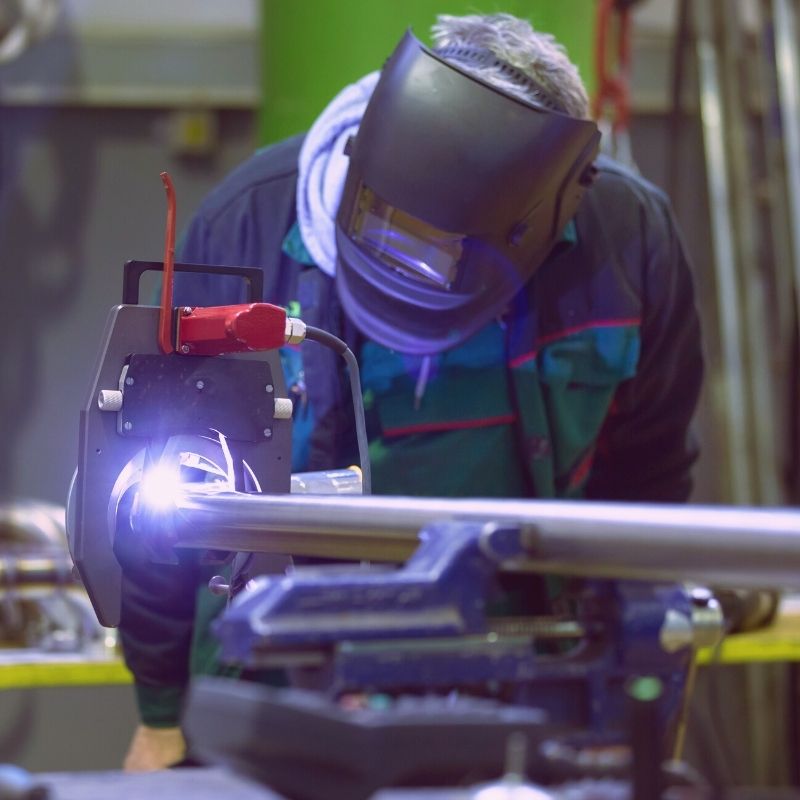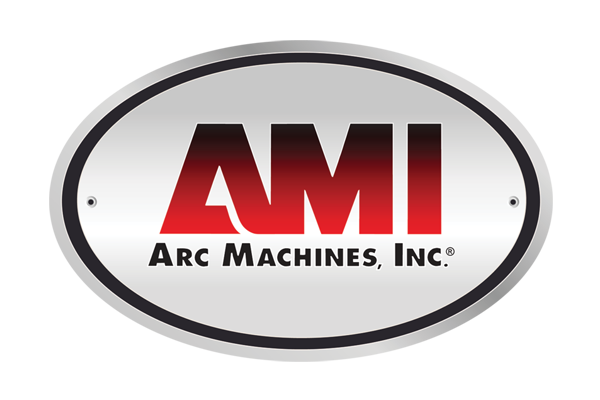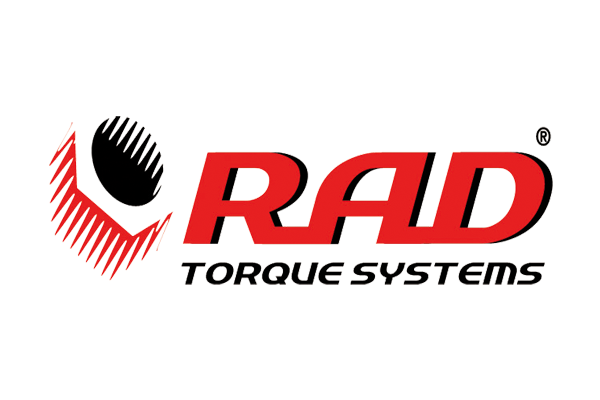The Top 10 Industries That Rely on Orbital Welding
The general population may lack knowledge of how much welding occurs in their world. Exploring the top ten industries that rely on orbital welding illustrates how our lives would not be the same without the diligent work of skilled welders around the globe.
Food Processing
The most crucial aspect of welding in the food processing sector is hygiene. Considering that you are working around things we ingest, all welders must familiarize themselves with the standards of two governing bodies.
The first one is the Food and Drug Administration (FDA), which is responsible for ensuring food processing safety. The FDA will thoroughly inspect everything in the facility and machinery to guarantee nothing is tampering with the food.
The second agency to consider is NSF International. NSF is a non-profit, non-governmental organization that establishes the risk involved with food-related industries. Appeasing these two groups allows you to continue with your standard operating procedures.
Pharmaceuticals
Welding and pharmaceuticals seem to go together like oil and vinegar. However, thanks to orbital welding, it’s possible to have high-quality welds, thus minimizing the need for polishing or further work.
The manufacturing of most pharmaceutical equipment is off-site and brought in on pallets. This allows some flexibility in terms of machine placement on-site and facility design. One instance of orbital welding is boiler tubes, in which I connect the key pipes that provide gases to the bioreactor.
Brewing Industry
Breweries have known for decades about the importance of controlling microbial development in their process pipes. Orbital welding is especially necessary for producing unpasteurized draft and chilled beer. Many large breweries worldwide relied on orbital welding to take their breweries to the next level, bypassing the desire for traditional hand welds.
As with food processing, it’s paramount that you continue to follow the safety procedures to prevent contamination. Transferring extraneous metals to the weld region is one approach to taint the weld zone. Use a new wire brush to avoid this, especially if you used the brush on another metal. Any ill-advised technique or shortcut could jeopardize the health of individuals who consume your product.
Biotechnology Sector
Orbital tube welding has shown to be the most successful approach for producing crevice-free welds, which are critical for limiting microbe development in the sanitary processes. Automated welding techniques, like orbital tube welding, are the best strategy in the biotechnology industry because of the demand for cleanliness in the pipe systems.
Building Ships
Shipyard welding must be productive and efficient for ships and boats to function safely for everyone. Welders at shipyards examine blueprints to assist them to grasp the work at hand. To finish each task, they adhere to safety rules and employ a range of welding procedures to build ships. A shipyard welder’s average day is a busy one. You can expect to check welding structures, construct shipping components, and keep everything sanitary. Effective jobs save costs by getting ships in the water a fraction of the time.
Aerospace Technologies
You can trace the origins of orbital welding to the 1960s and X-planes. The North American X-15 rocket aircraft had its complications in its infancy stage. Because of the continued issues, workers employed orbital welding techniques to repair the X-15, making it the world’s first plane that could reach space.
The X-15 could reach 4,000 mph while flying approximately 355,000 feet in the air. Fluid leaks in the hydraulic and fuel lines occurred because of the X-15’s incredible capabilities. Fortunately, Rod Rohrberg was able to supply a solution in the form of mechanized orbital welding.
Rohberg’s approach succeeded well, allowing the X-15 to fly nearly 200 times. The pilots were so high in the sky that 13 of them met the requirements for astronauts. Orbital welding now produces high-quality welds for various sectors, including manufacturing and pharmaceuticals.
Wholesale Trade
While it may appear strange for a skilled welder to work wholesale, many welders do. Welders knowledgeable about the things for sale and can give expert advice to both private and business clients are in high demand by companies that sell welding goods and equipment.
If a welder is interested in this type of employment, they should explore marketing classes in addition to a welding degree. A solid understanding of orbital welding is necessary for employment in this sector since a salesperson must know numerous procedures to weld specific metals.
Construction Jobs
Numerous organizations lack competent welding specialists and other skilled crafts personnel because of the many construction projects happening around the country. Commercial construction firms hire welders to assist in building dams or bridges.
A welder may also work for a house construction firm, where they may be responsible for tasks such as laying pipes for a new home or apartment complex. The job is demanding, so all welders must be in good shape to work outside in all weather conditions and lift large items.
Automotive Manufacturing
The vehicle manufacturer is undoubtedly one field open to people with advanced orbital welding skills. Welders with the ability to work in the auto business are in great demand and may earn better wages than those in other sectors.
Nevertheless, it is crucial to know specifically what welding techniques the auto industry wants. For instance, welders who flourish in l Laser and MIG welding are valuable for any automotive plant. This knowledge can direct you toward the appropriate training and, ultimately, a prosperous profession after graduation from a welding institution.
Nuclear Power
Since the development of the first commercial facilities, orbital pipe and tube welding has been employed in the nuclear power generating business. Fabricators and contractors want reliable code-quality welds and the ability to produce welds within precise specifications. Eliminating the unpredictability of human welding with automated orbital welding guarantees successful welds. Also, you can regulate and control the heat input, which is virtually impossible to do when you weld solely with your hand.
There isn’t a shortage of demand for quality welders when considering the top ten industries that rely on orbital welding. Each sector has its advantages and disadvantages if you were on the job, but with the top-of-the-line tools that SEC Industrial can provide, you know the quality will not be an issue. Please browse our store today and consider adding a pneumatic torque wrench to assist you on the job.










